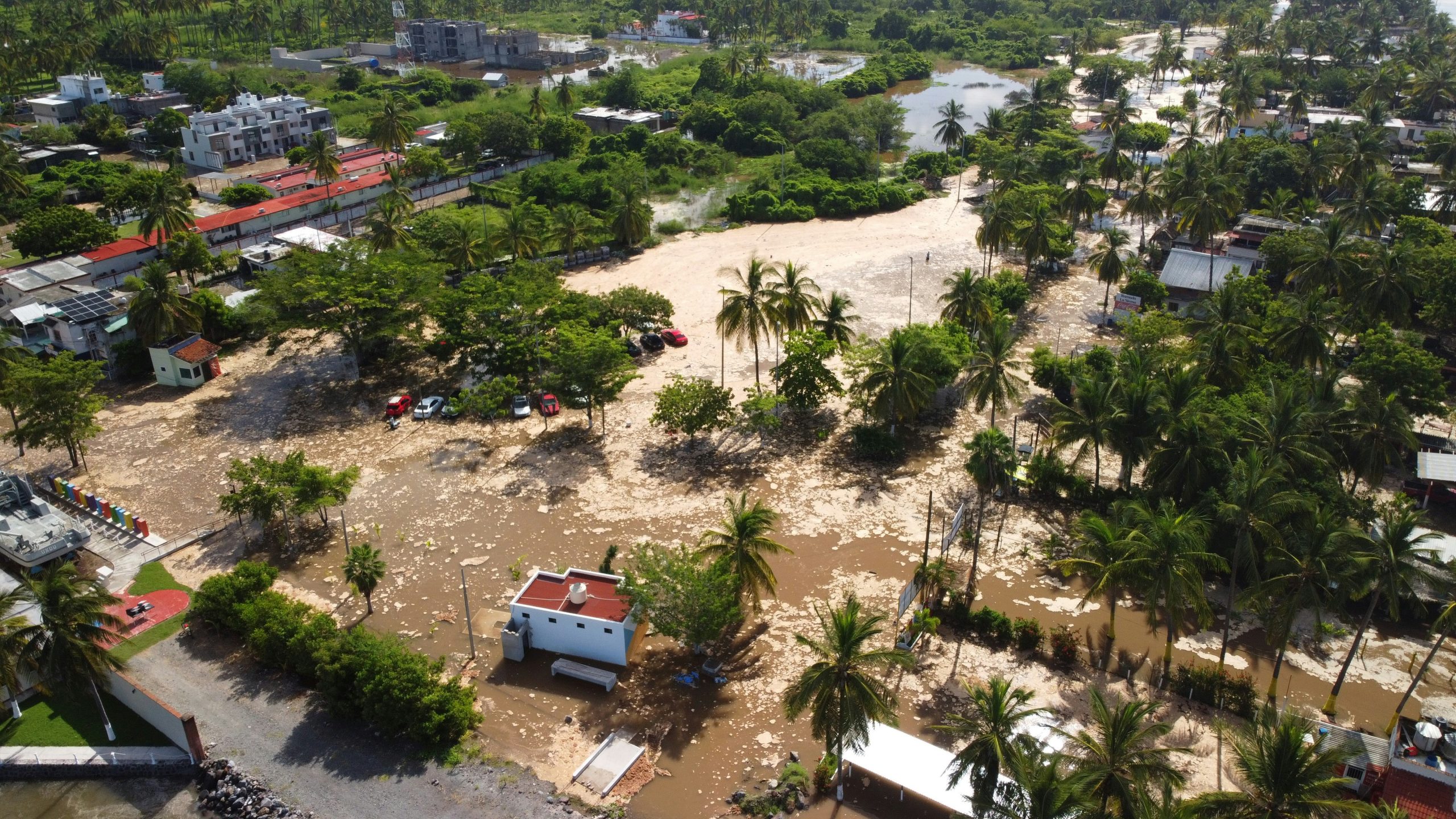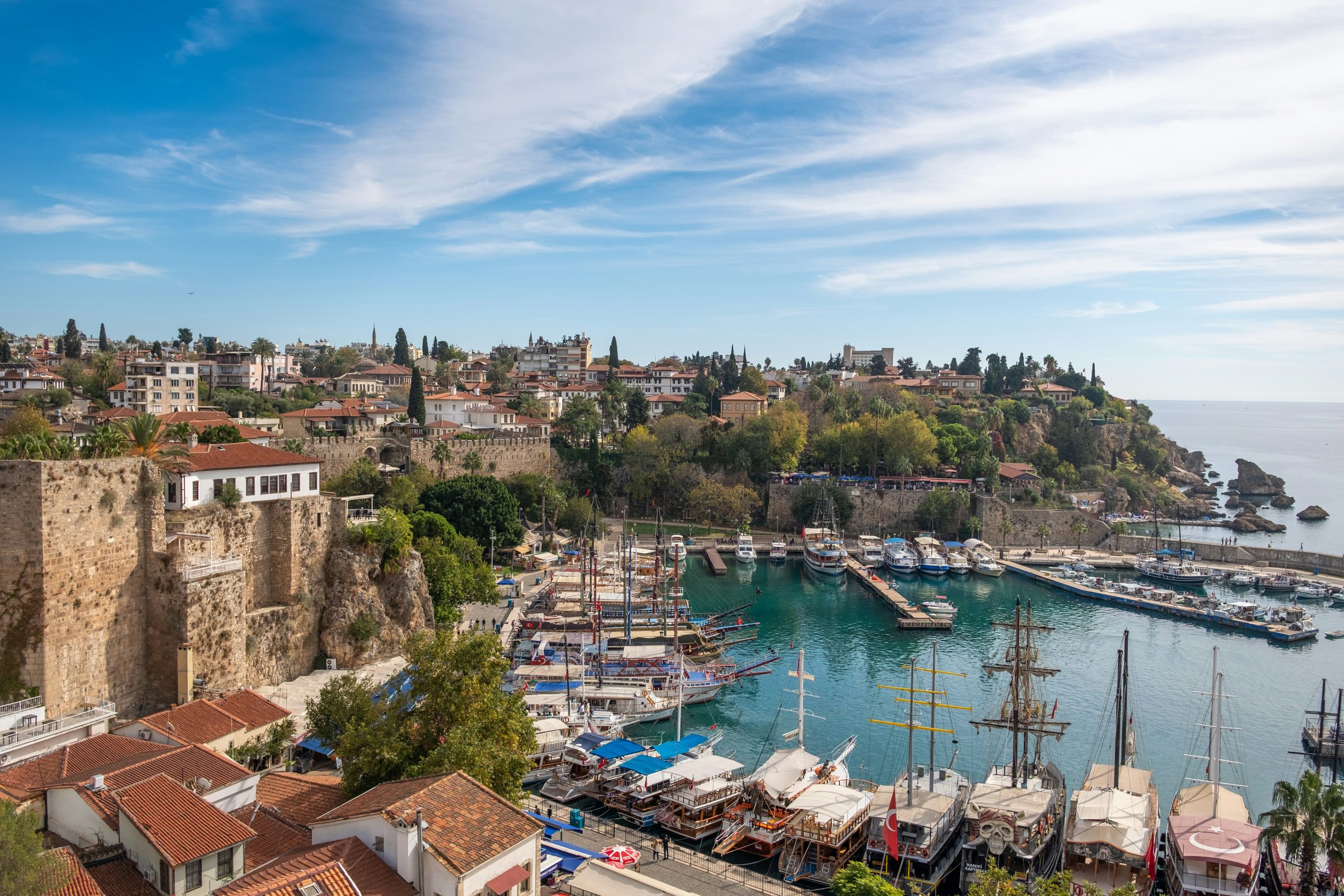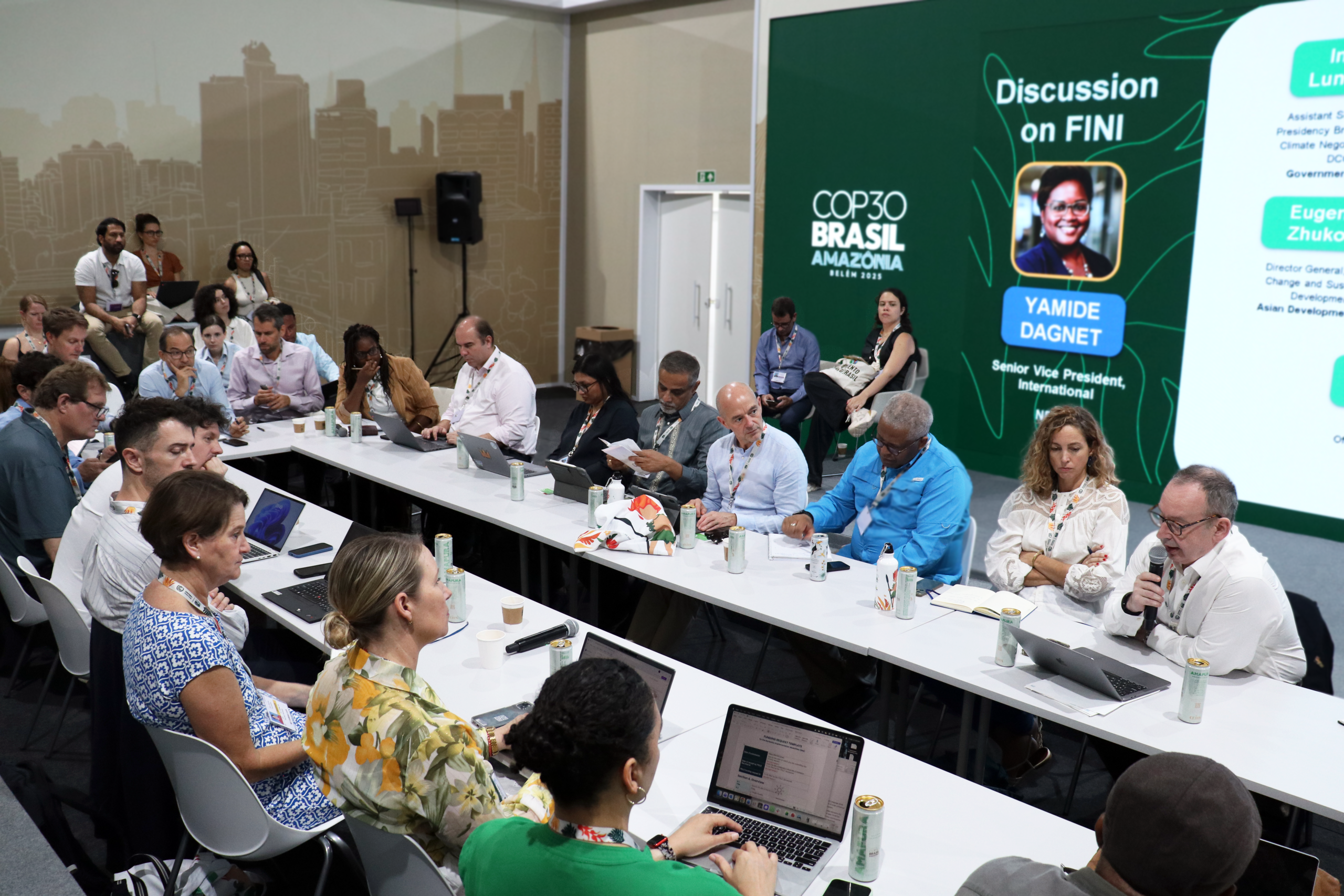Arsht-Rock launches Resilience Hub Network strategy for Miami-Dade County
The creation of a robust network of hubs will support communities prepare for and respond to climate change and natural disasters
Mon, Jan 23, 2023
- This press release is available in English and Spanish.
MIAMI, FL — JANUARY 23, 2022 — The Adrienne Arsht-Rockefeller Foundation Resilience Center (Arsht-Rock) at the Atlantic Council today launches the development of a Miami-Dade County-wide Resilience Hub Network strategy. With the goal of reaching one billion people with resilience solutions to climate change by 2030, the development of a robust network strategy will create a roadmap to preparing entire communities and represent a significant step toward reaching that goal.
“Climate-fueled disasters are profoundly and disproportionately impacting low-income families and communities of color,” said Kathy Baughman McLeod, Senior Vice President and Director of Arsht-Rock. “Resilience Hubs will be community-built resources that enhance the capacity for preparation and protection in the face of growing floods, storms, and extreme heatwaves.”
Resilience Hubs are community facilities purposefully designed to support residents prepare for disasters and the impacts of climate change, and coordinate response and recovery efforts following a disaster. By leveraging existing community centers and understanding community needs, these hubs will provide needed resources for underserved communities.
“Miami-Dade County is at the forefront of both climate change and climate solutions. Our community is facing increased heat, more frequent flooding, and stronger storms – so we’re partnering with the Adrienne-Arsht Rockefeller Foundation Resilience Center to ensure our region is prepared to respond and rebound,” said Miami-Dade County Mayor Daniella Levine Cava. “We must equip our residents with the resources they need to thrive in the face of climate change and natural disasters. These Resilience Hubs are an important tool in our toolbox as we build a stronger, more resilient Miami-Dade.”
Miami-Dade County, along with the Cities of Miami and Miami Beach joined together in the Resilient 305 Strategy designed to address regional challenges identified and prioritized through local government and community collaboration. The creation of the Resilience Hub Network Strategy is another accomplishment of the innovative multi-government collaboration.
“Mitigating climate change as much as we can is an urgent matter for our community. It is imperative that we have the data to address it,” said Commissioner Christine King of the City of Miami. “These Resilience Hubs are a grand step in showcasing the power of communities working together to create change.”
With a population of over 2.5 million, Miami-Dade County is the largest county in Florida and the seventh most populous county in the country. It is also one of the most vulnerable counties to the impacts of climate change, and one of the most prepared communities to address climate change. However, more work is on the horizon. The project will identify specific sites for physical resilience hubs and how to best create a network to support the community.
“Miami Beach has invested heavily in a holistic resilience approach”, said Miami Beach Mayor Dan Gelber. “Our priority is to protect our community, connect people with services, and bounce back as quickly as possible.”
Beyond the development of a Miami-Dade specific strategy, the Resilience Hub Network Strategy will create a replicable framework that can be used across the nation and beyond. The project team is led by Jacobs, and includes Brizaga, APTIM, and the Resilient305 Collaborative. The project is made possible by a grant from the State of Florida’s Department of Economic Opportunity (DEO) which was awarded a grant from the U.S. Department of Housing and Urban Development (HUD) to support long-term mitigation efforts following declared disasters.
About the Adrienne-Arsht Rockefeller Foundation Resilience Center
The Adrienne Arsht-Rockefeller Foundation Resilience Center (Arsht-Rock) at the Atlantic Council builds individual and community resilience in the face of climate impacts. We pledge to reach one billion people around the world with resilience solutions to climate change by 2030. For more information visit onebillionresilient.org, or follow us on Twitter and LinkedIn.







